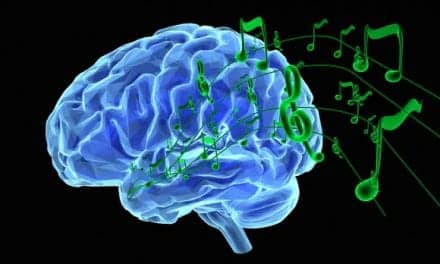Washington, DC — The Better Hearing Institute (BHI) has launched “Across America Hearing Check Challenge” for February, American Heart Month. The campaign encourages people to get a free online hearing assessment and provides information about the link between heart disease and hearing loss.
In addition to recognizing American Heart Month, BHI is recognizing National Wear Red Day®, which will be observed on February 3, 2012.
"Heart disease is the leading cause of death in the United States," says Sergei Kochkin, PhD, BHI’s executive director and a frequent contributing author to Hearing Review. "Yet, an alarming number of Americans don’t recognize how serious the threat of heart disease is to them personally. Nor do they understand how closely intertwined it is with other health conditions, such as hearing health. We urge everyone to know their risks and to take action today to protect their heart—and hearing—health."
BHI’s press release summarizes three key studies that show the correlation between heart disease and hearing loss:
In one study, published in The Laryngoscope, researchers hypothesized that low-frequency hearing loss is associated with underlying cardiovascular disease; and a mathematical formula using audiometric pattern and medical history to predict the probability of cardiovascular diseases and events was developed and tested. The researchers concluded that the audiogram pattern correlates strongly with cerebrovascular and peripheral arterial disease, and that it may represent a screening test for those at risk. The researchers also concluded that patients with low-frequency hearing loss should be regarded as at risk for cardiovascular events, and that appropriate referrals should be considered.
In another study, published in the June 2011 issue of the Journal of the American Geriatrics Society, researchers looked at hearing sensitivity in older adults and its association with cardiovascular risk factors. They concluded that modifiable risk factors for cardiovascular disease may play a role in the development of age-related hearing loss. Risk factors associated with poorer hearing sensitivity in men included high triglyceride levels, high resting heart rate, and a history of smoking. In women, poor hearing sensitivity was associated with high body mass index, high resting heart rate, fast aortic pulse-wave velocity (PWV), and low ankle–arm index (AAI).
In the third study, published in the June 2010 issue of the American Journal of Audiology, the authors reviewed research that had been conducted over the past 60 plus years. They found in a sizable body of research the negative influence of impaired cardiovascular health on both the peripheral and central auditory system, and the potential positive influence of improved cardiovascular health on these same systems.
More information about Across America Hearing Check Challenge is available on the BHI website. To take the BHI Quick Hearing Check, visit at www.hearingcheck.org. To participate in the discussion forum, visit www.betterhearing.org, click on “Discussion Forum,” and go to “Welcome!” to register.
SOURCE: The Better Hearing Institute




